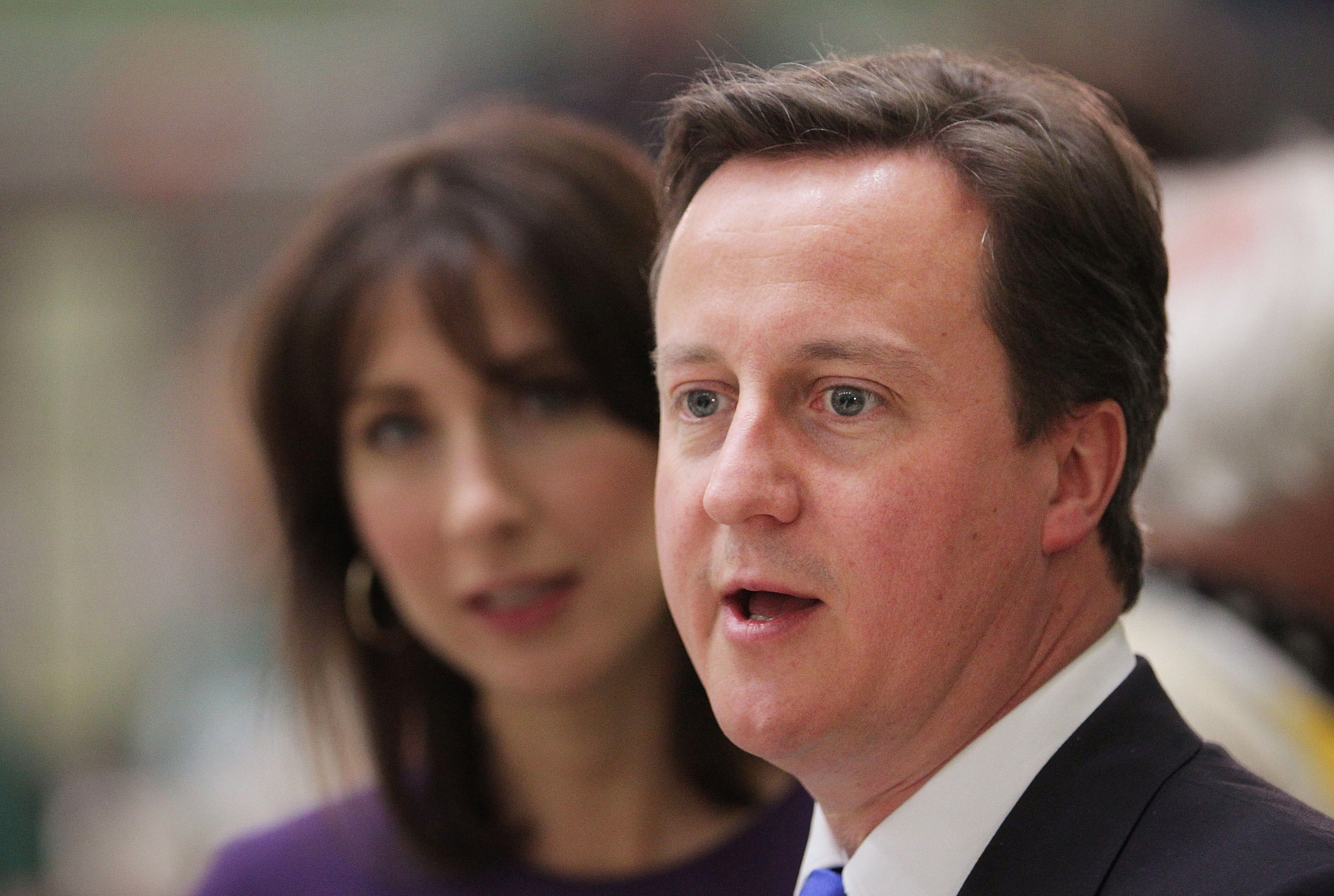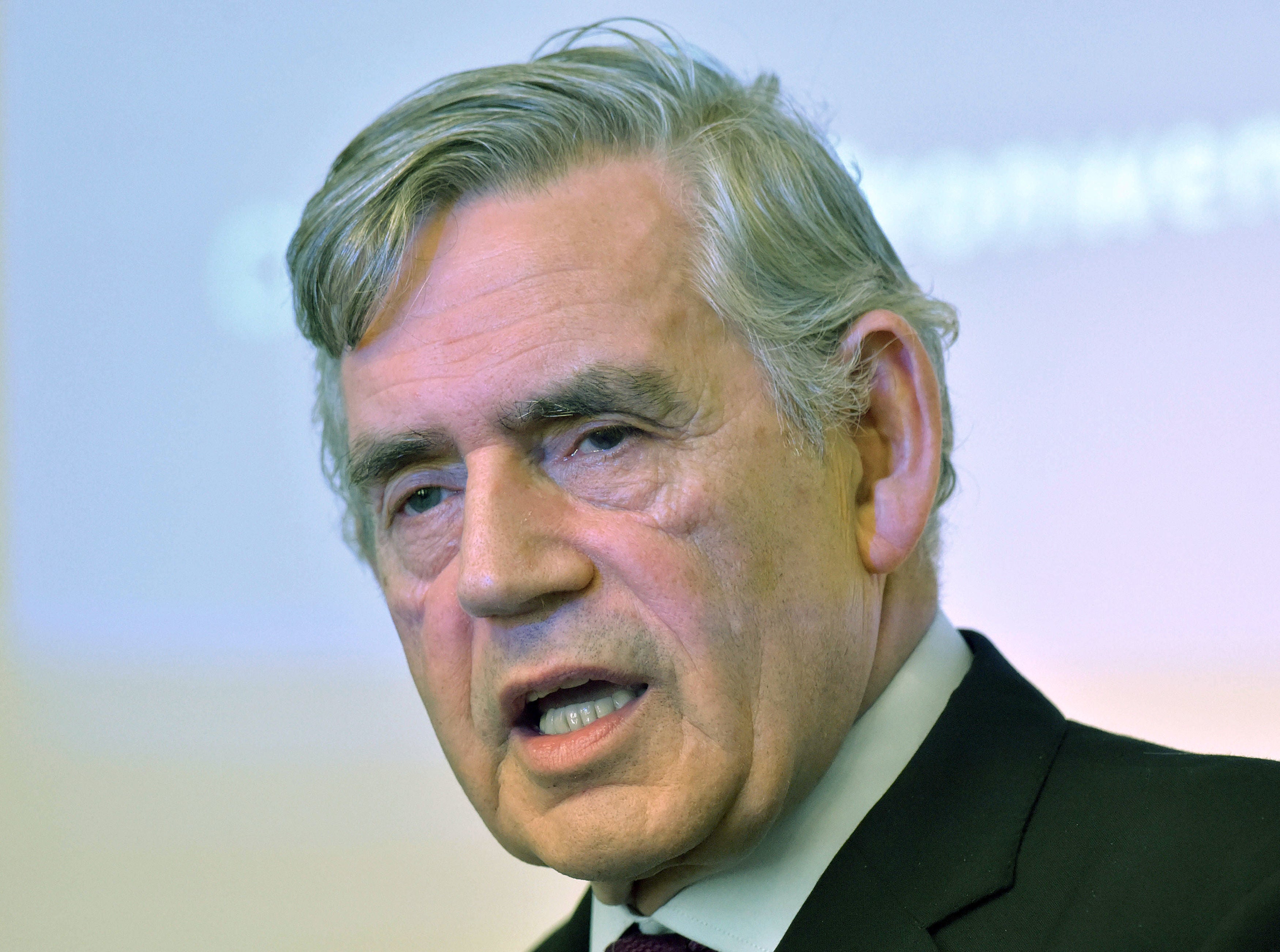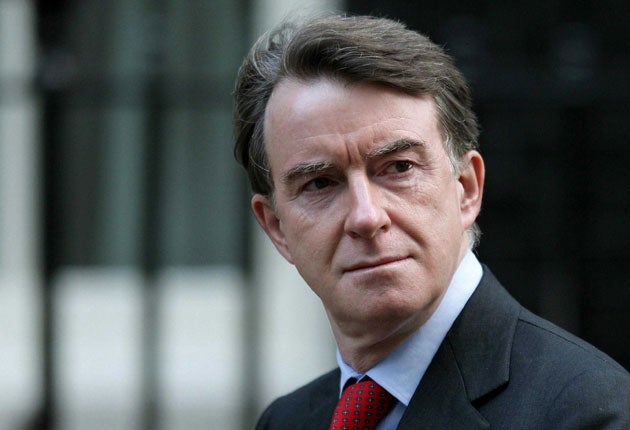Liz Truss: Why declaring ‘I’m a fighter, not a quitter’ spells doom for politicians
Resort to fateful phrase rarely ends well
Your support helps us to tell the story
From reproductive rights to climate change to Big Tech, The Independent is on the ground when the story is developing. Whether it's investigating the financials of Elon Musk's pro-Trump PAC or producing our latest documentary, 'The A Word', which shines a light on the American women fighting for reproductive rights, we know how important it is to parse out the facts from the messaging.
At such a critical moment in US history, we need reporters on the ground. Your donation allows us to keep sending journalists to speak to both sides of the story.
The Independent is trusted by Americans across the entire political spectrum. And unlike many other quality news outlets, we choose not to lock Americans out of our reporting and analysis with paywalls. We believe quality journalism should be available to everyone, paid for by those who can afford it.
Your support makes all the difference.Embattled prime minister Liz Truss declared during another torrid session of Prime Minister’s Questions on Wednesday that she is “a fighter, not a quitter” as calls for her resignation continue, provoking ironic jeers from the Commons benches.
“I have been very clear that I am sorry, and I have made mistakes,” she told Parliament. “I am somebody who’s prepared to front up. I’m prepared to take the tough decisions.”
Having to make this fateful pronouncement tends to bode very ill indeed for any politician, as it is a fairly frank admission that their situation has become perilous and necessitated a shift towards the defensive.
From Theresa May all the way back to Richard Nixon, the phrase has always marked the beginning of the end for a leader on the ropes.
Here are a few choice examples of its use and the context surrounding it as Tories sharpen their knives and plot the best way to remove Ms Truss from Downing Street after a disastrous start to her already-discredited premiership.
Theresa May
Speaking during a television interview in Japan in August 2017, Ms May uttered the immortal words and insisted she was “in this for the long term” two months on from the loss of her majority when June’s general election resulted in a hung parliament.
“There’s a real job to be done in the United Kingdom,” she insisted. “It’s about getting the Brexit deal right, it’s about building that deep and special partnership with the European Union but it’s also about building global Britain, trading around the world.”
She did last another two years but, in truth, the writing was already on the wall for her difficult tenure, defined by the knotty complexities of Brexit negotiations with the EU.
David Cameron
Her predecessor offered a spin on the old trope when he said in June 2016, towards the feverish climax of Brexit referendum campaigning: “Brits don’t quit – we get involved, we take a lead, we make a difference, we get things done.”

Framing membership of the EU as a patriotic duty, Mr Cameron rather undermined the sentiment by resigning himself the morning after the result came in, whistling a happy tune as he stepped away from the Downing Street lectern and into the sunshine, unable yet to grasp the sheer scale of the chaos he had unleashed.
George Osborne
Mr Cameron’s loyal chancellor would soon follow him out of Westminster, but not before his constituency agent had declared: “George is not a quitter. Nobody is going to back him into a corner.”
Ms May must not have got the memo: she sacked him as soon as she moved in next door and replaced him with Philip Hammond.
But don’t feel too bad for the former Treasury man. He has had many other jobs since, often at the same time.
Gordon Brown
The reverse was said of Mr Brown, according to Sky News political editor Adam Boulton, by none other than Tony Blair, who reportedly declared his old sidekick would probably step down before the 2010 general election because “history showed Mr Brown to be a quitter not a fighter”.

Mr Brown did fight that campaign after all, debunking the claim in Tony’s Ten Years (2009), but lost anyway, paving the way for 12 years and counting of chaotic Conservative dominance over British politics, beginning with the Liberal Democrat coalition.
Iain Duncan Smith
Tory leader at the height of Mr Blair’s premiership, a thankless task, Mr Smith can be credited with holding the record for the shortest time between declaring that he was “not a quitter” and quitting, having said it on the morning of 29 October 2003 and resigned at 7pm that evening on the other side of an unfavourable outcome in a no-confidence vote.
Peter Mandelson
One of the most memorable such declarations came for Labour’s former “Prince of Darkness” who fought back emotion as he cheered his re-election in 2001 despite having been twice booted out of the Cabinet.

“It was said that I was facing political ruin,” he told the voters of Hartlepool after his victory. “My career in tatters, apparently never to be part of the political living again… Well, they underestimated Hartlepool. And they underestimated me. Because I am a fighter and not a quitter!”
Stirring stuff, but he did quit again within two years, only to rise from the electoral grave again and again, first as a European Commissioner and then as Mr Brown’s deputy and a lord of the realm.
Lord Mandelson has actually already responded to Ms Truss’s proclamation on Wednesday, saying: “Unlike me, she’s not going to be winning Hartlepool at the next election – or even Hertsmere.”
Richard Nixon
The notorious US president used the phrase at least twice in televised addresses, first in 1952 as he successfully defended himself against accusations of abusing his expense account, allowing him to continue as Dwight D Eisenhower’s running mate, and again during the Watergate scandal, this time rather less successfully.




Join our commenting forum
Join thought-provoking conversations, follow other Independent readers and see their replies
Comments